
F*CKING B*TCH A**HOLE – TOURETTE SYNDROME
Listen to the Sickboy podcast here Imagine being compelled to do or say the worst possible thing at the worst possible time. This could include shouting the “N word” in your class at school, farting on a date, or yelling “Bomb!” in an airport. It might also include repeatedly banging an injury over and over […]

Why Is My Child Mean?!?
There have been many parent posts online regarding the general and persistent negative behaviour patterns of their children. “Why is my child mean?” They describe their children as being “mean” on a regular basis. It’s not uncommon to see this default behaviour in children who have neurological challenges. In my presentations, I call this […]
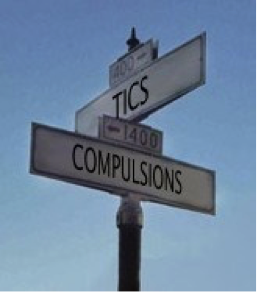
Coprolalia Part 1: The Nature of Coprolallia
The Nature of Coprolallia The term coprolalia is used to describe involuntary vocalizations that are obscene or socially inappropriate. Coprolalia includes swearing, but also includes saying things that are culturally taboo, socially unacceptable or inappropriate due to age or context. For example, a child using any kind of obscene language, or anyone saying negative comments […]
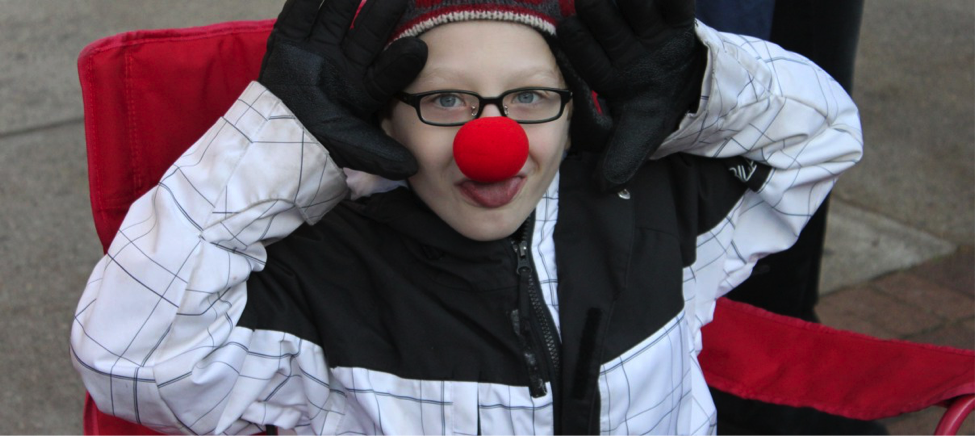
Emotional Dysregulation – Just like Regular Kids but “Only More So!
Emotional Dysregulation – Just like Regular Kids but “Only More So! A very dear friend and expert special educator insists that kids who have neurological disorder are just like regular kids – “only more-so!” Let me explain what that confusing statement means… Kids who have neurological disorders have feelings just like everyone else, except their […]

WHERE TICS AND COMPULSIONS MEET: TS PLUS OCD
WHERE TICS AND COMPULSIONS MEET: TS PLUS OCD Tourette Syndrome and Obsessive Compulsive Disorder often occur together. In fact, the Centers of Disease Control and Prevention states that more than one third of persons with Tourette Syndrome also have Obsessive Compulsive Disorder. Often tics and compulsions can look similar and be difficult to distinguish. Actually, […]
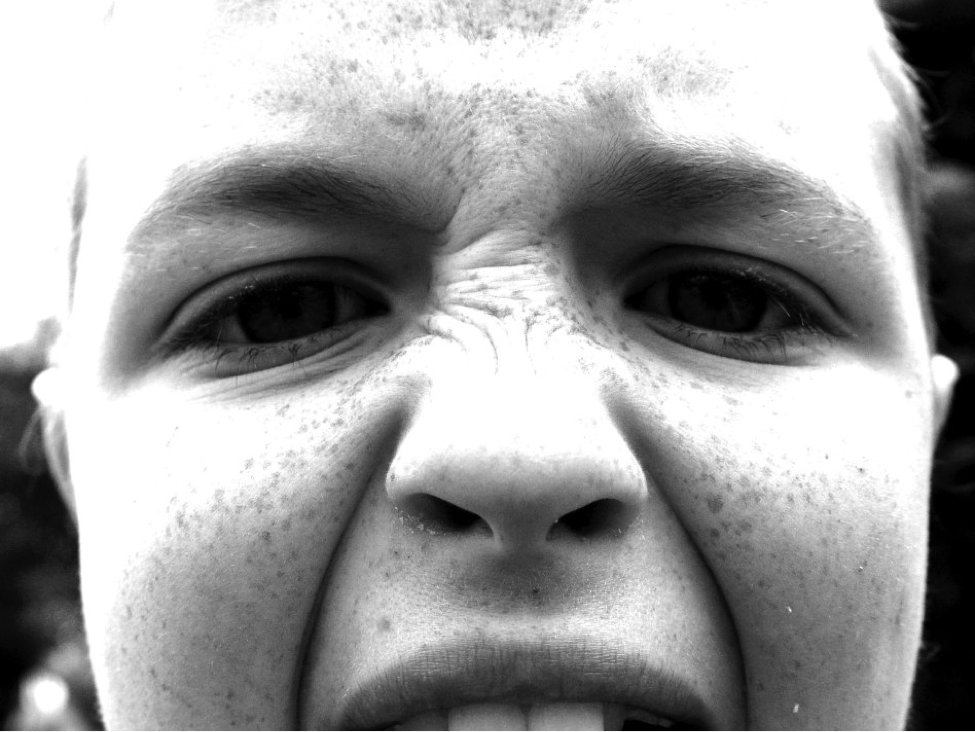
Our New Normal: Parenting Our Child with Tourette Syndrome, ADHD, OCD,ODD
Transitions I have an weekday mid-afternoon alarm. It goes off everyday signalling the end of school. It is the sound of my son’s blood curdling shriek the moment he is “home”. Home to Nate is the place in his world that he is free of scrutiny of others and he can let his guard down. […]

The Birthday Cake: Lessons from Oppositional Defiant Disorder, ODD
Nathan doesn’t eat birthday cake. He can’t. His brain won’t let him. There is a great big stop sign between him and his birthday cake, parked right between the blowing out the candles and the sweetness of the first bite. The stop sign says “NO!” Then a caption underneath says, “This message is brought to […]

Coprolalia Part 2: Coping With Coprolalia
Coprolalia Part 2: Coping With Coprolalia Coprolalia can be a particularly distressing symptom and a lifelong struggle for an individual with Tourette Syndrome. Stigmatization, shame and isolation must be reduced by the efforts of the individual, their families, their community and society. Strategies to manage coprolalia will target improving the acceptance and understanding of this difficult […]

Rage!!! – Rage 1: About Rage
As an adult who has Tourette Syndrome and associated disorders, I have an intimate understanding of rage through experience. I understand the frustration of shouldering the burden of getting through every day filled with tremendous and constant challenges due to my disorders and associated symptoms. These demands not only test one’s patience continually, they test […]

Coprolalia Part 3: Taking Action on Coprolalia
Coprolalia Part 3: Taking Action on Coprolalia Coprolalia can be a particularly distressing symptom and a lifelong struggle for an individual with Tourette Syndrome. Stigmatization, shame and isolation must be reduced by the efforts of the individual, their families, their community and society. Strategies to manage coprolalia will target improving the acceptance and understanding of this difficult symptom which […]

Coprolalia Myths Demysified
Coprolalia Myths Demystified There are several common coprolalia myths one may encounter when learning about Tourette Syndrome. The first big myth is that most people with Tourette Syndrome have coprolalia. This is what is known as TV Tourette… In reality, only 10-15% of people with Tourette have coprolalia and even then it waxes and wanes […]

SCHOOL MEETINGS: HOW TO MAKE THEM EASIER
SCHOOL MEETINGS: HOW TO MAKE THEM EASIER ***THIS ONE HAS LOTS OF LINKS AT THE BOTTOM !!!! How to Make The Most of School Meetings School meetings are most often difficult for the parent but so important for your child. Your child is special, requires special accommodations, your child’s behaviour doesn’t follow the normal or […]

USING POSITIVE LANGUAGE FOR SUCCESS
USING POSITIVE LANGUAGE FOR SUCCESS One of the first words we learn as children is “No”. We learn the meaning of “No” early in our development. It’s a quick and easy instruction. “No” is simple and used regularly – especially with toddlers because it is immediately effective at that age. A stern “No”, and […]
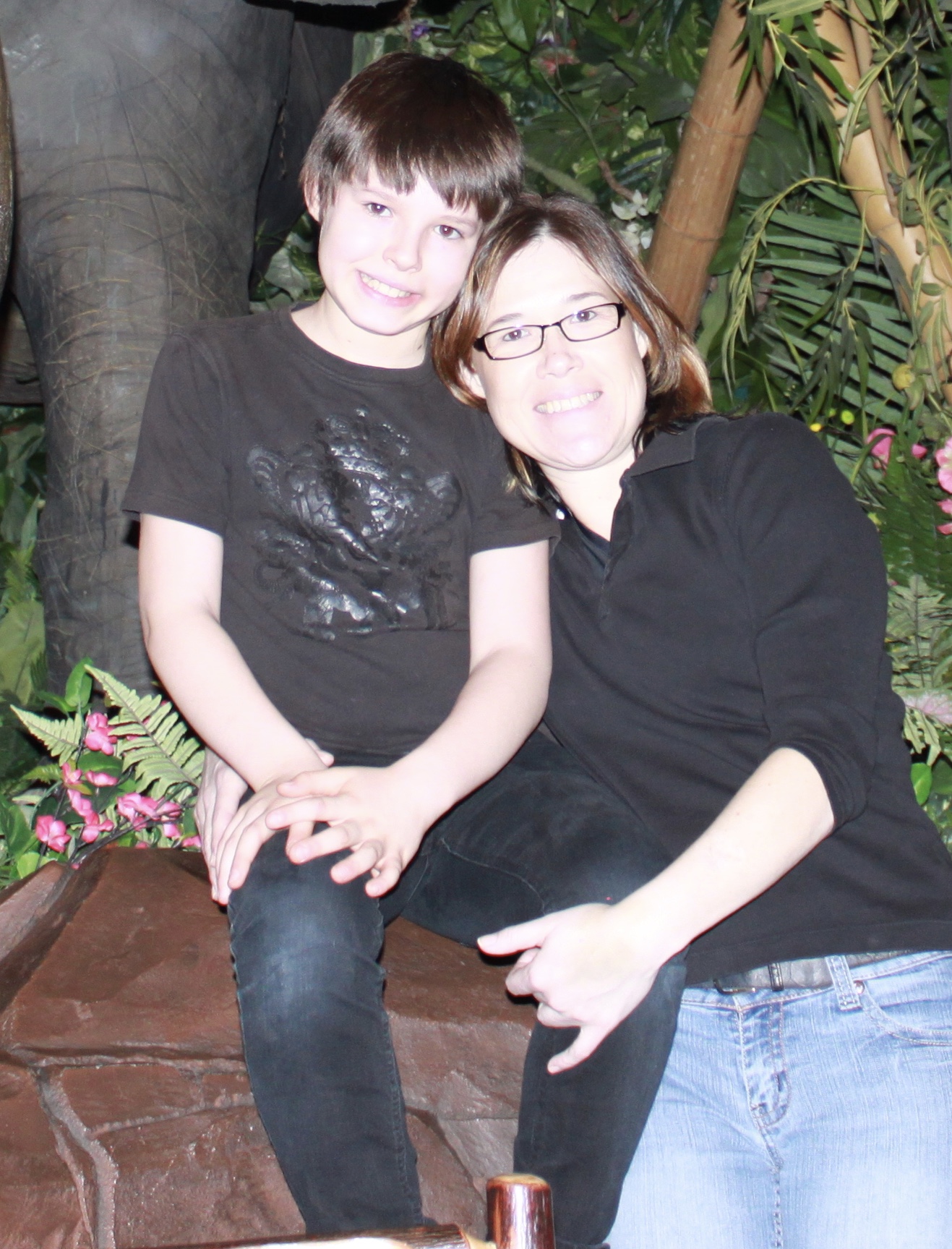
Oxytocin and Attachment
Oxytocin and Attachment Oxytocin and Attachment A couple years ago, I began researching bonding, attachment and oxytocin. My son was a bundle of nerves, so hypersensitive to my touch it appeared painful. Oxytocin is a powerful hormone that is necessary for bonding and attachment. It is often called the “love” molecule. My son with tactile […]

MENTAL HEALTH CHALLENGES IN NEUROLOGICAL DISORDER
MENTAL HEALTH CHALLENGES IN NEUROLOGICAL DISORDER Having a neurological disorder can present many welcome abilities. However, they can also present many challenges. Many neurological disorders increase the likelihood that a person will suffer from a mental health disorders. Some of these disorders can lead to intense feelings of anxiety and depression. Stress and Mental […]

Rage 2 Taking on Rage: Look, Listen and Focus
Rage 2 Taking on Rage: Look, Listen and Focus LOOK, LISTEN AND FOCUS Rage triggers a biochemical response which “over-rides” cognitive processes such as choice, reasoning, perception, rational thinking and self-control. (See Neurologically Gifted’s article: Rage 1: About Rage for a full discussion about Rage). By the onset of a rage episode, the sufferer is […]

Medicate Symptoms of my Disorder? Should I?
Medicate Symptoms of my Disorder? Should I? Many years ago, I (the lead Special Education Teacher in my school) was asked by the principal to tell a parent that her child needed to be on medication in order to succeed in school. I refused to do so. I believed that although medications might have helped […]

RAGE 4 TAKING ON RAGE: PREPARE A PLAN
RAGE 4 TAKING ON RAGE: PREPARE A PLAN Rage tends to make family members feel hopeless and out of control. We began our discussion in Neurologically Gifted’s article, Rage 1: About Rage. Preparing a plan to deal with rage in the home puts an end to those feelings of hopelessness. With a predetermined plan, you […]

Why I Don’t Attend IEP Meetings Alone | The Mighty
A mother of a child on the autism spectrum shares three reasons why she brings a parent advocate to her IEP meetings. Source: Why I Don’t Attend IEP Meetings Alone | The Mighty
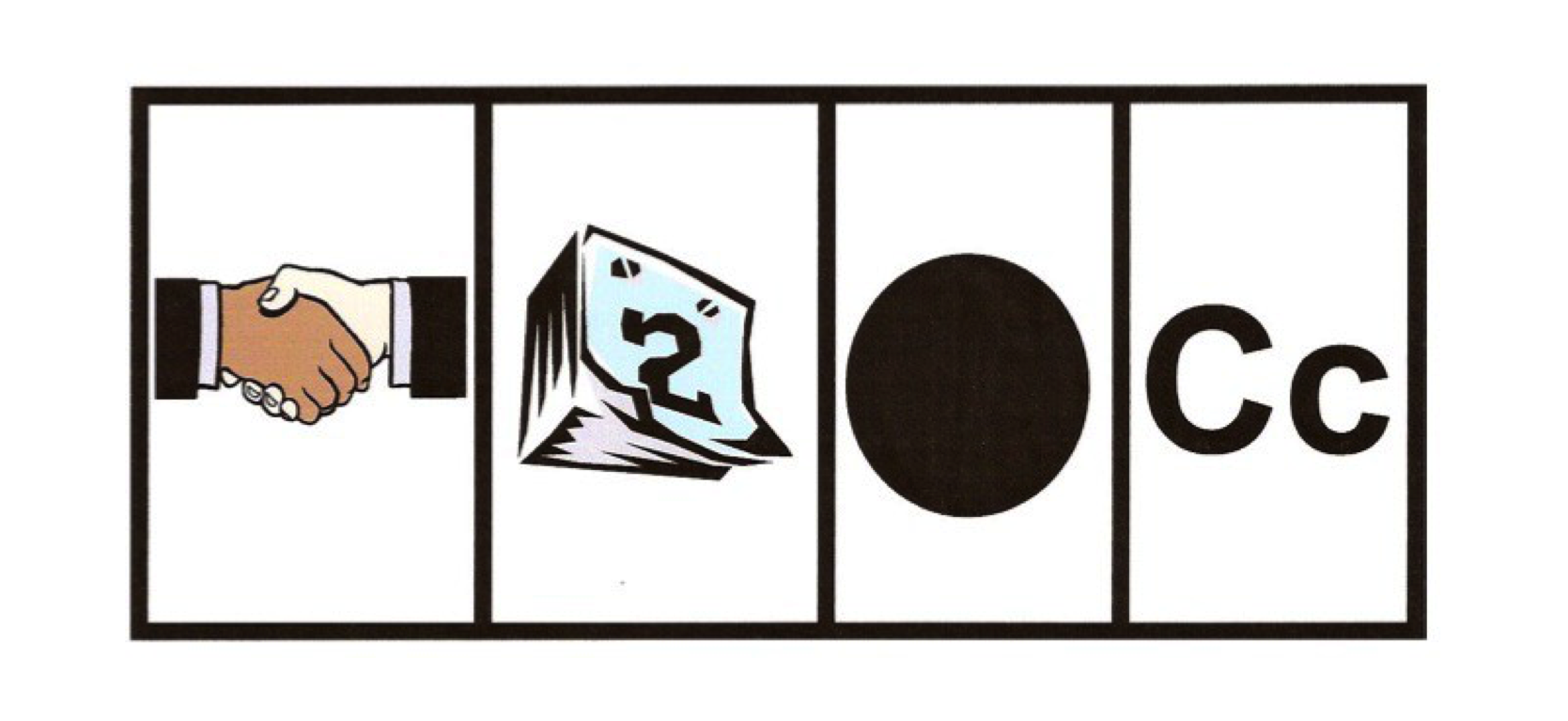
Using Memory Strips For Success
Using Memory Strips For Success Memory Strips Memory strips are essential teaching tools to assist students who need support with memory recall, organization, making good behavioural choices and using self-regulation strategies. Memory strips can be used in the classroom and at home to reinforce routines and strategies used to regulate behaviour. Memory strips put the […]

Support Your Child’s Learning at Home
How to support your child’s learning at home through organization, structure and routine: The importance of structure and routine is sometimes undervalued at home, in regards to its contributions to academic success at school. Success at school is the product of skills and knowledge learned at school and at home. In fact, learning acquired at […]
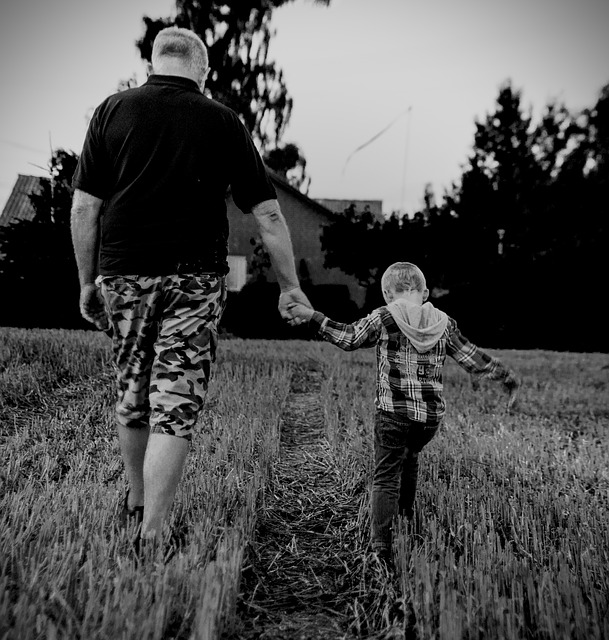
Rage 3: Talk About Rage
Rage 3: Talk About Rage Rage triggers a biochemical change in a person which pre-empts choice, reasoning, rational thinking and self-control. Through observation, as described in Neurologically Gifted’s article: Rage 2: Look, Listen and Focus, we found that it was possible to achieve an excellent understanding of the dynamics of rage in our home. Through […]